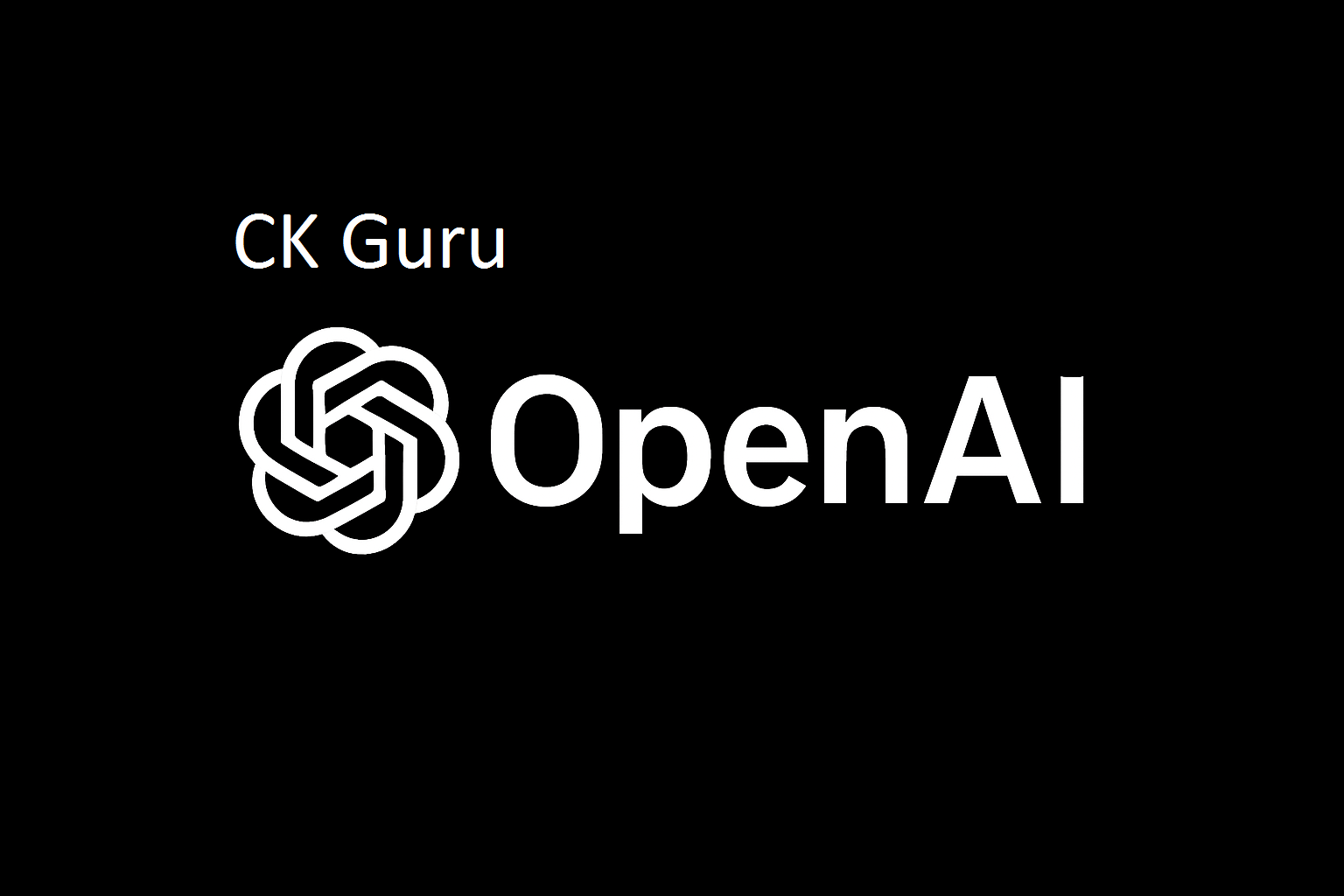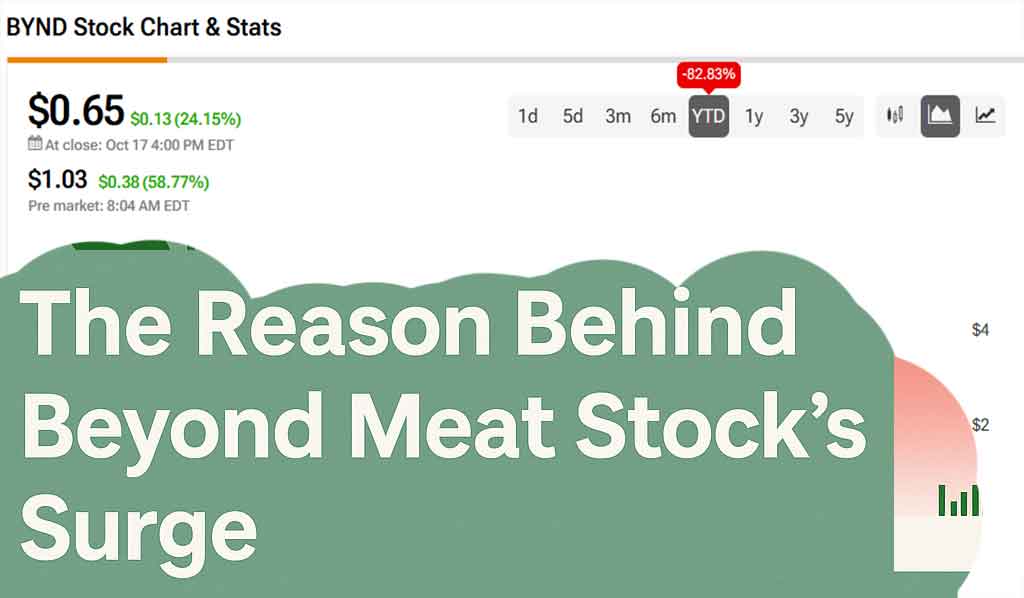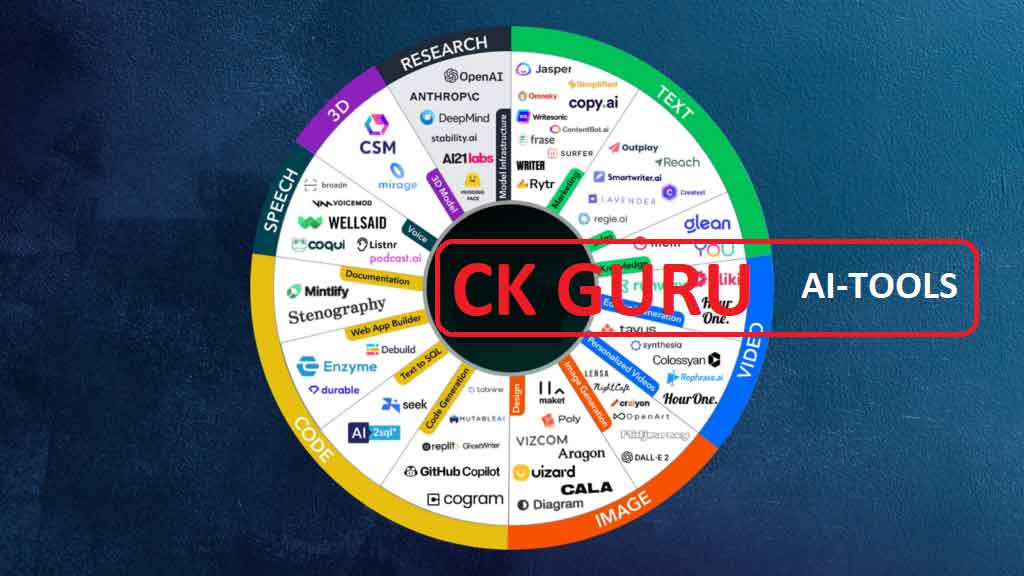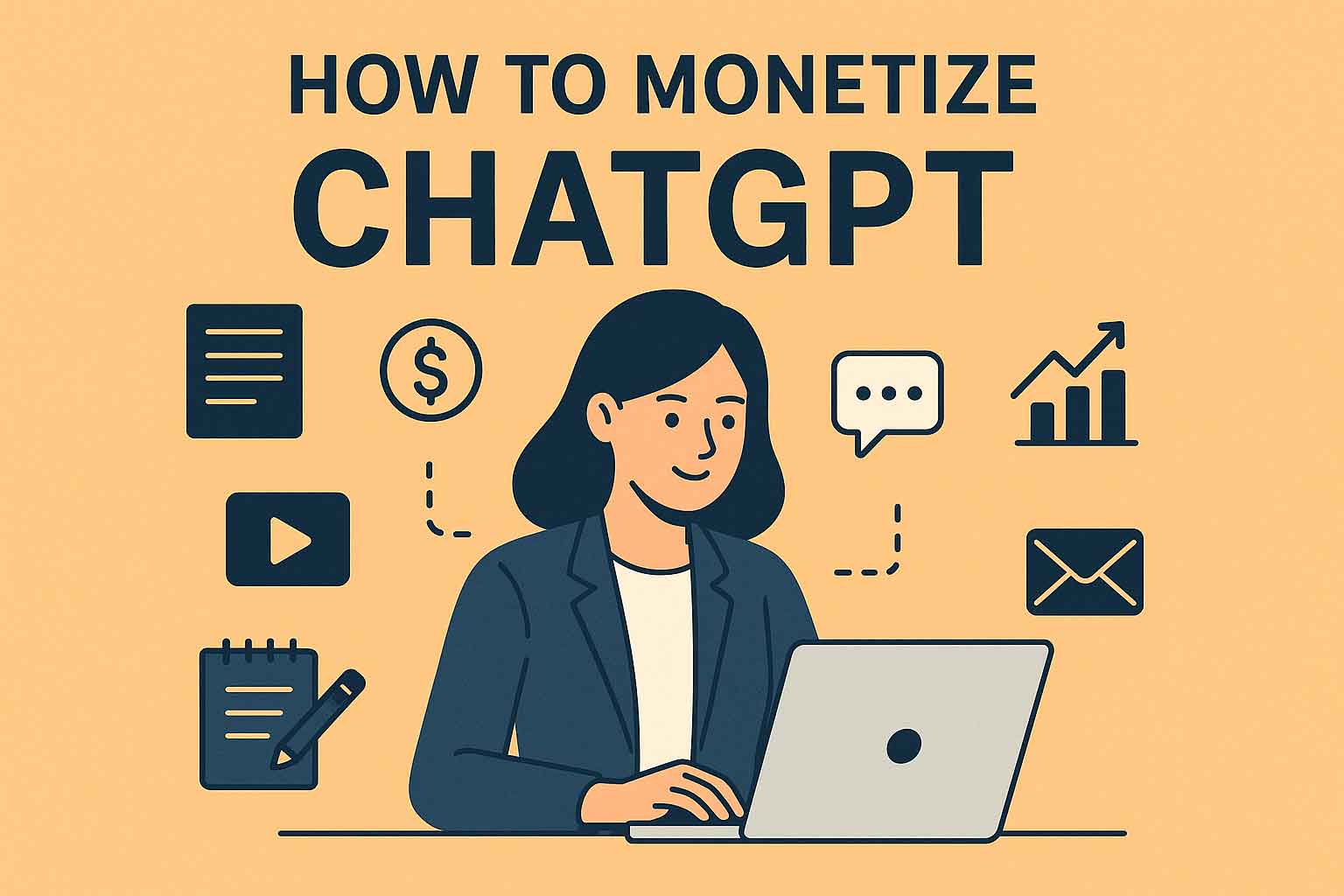August 15 (Reuters) – Current and former employees of OpenAI, the artificial intelligence company behind ChatGPT, are seeking to sell nearly $6 billion worth of their shares to investors. The potential deal, which is still under discussion, could lift OpenAI’s valuation to $500 billion, according to a source familiar with the matter.
If successful, the transaction would represent a significant leap from OpenAI’s current valuation of $300 billion, reflecting the company’s explosive revenue growth, surging user base, and intensifying investor appetite for AI innovation.
Investors Circle High-Stakes Deal
Prominent investment firms including SoftBank Group (9984.T), Thrive Capital, and Dragoneer Investment Group are reportedly in talks to participate in the deal. All three are existing backers of OpenAI but declined to comment on the latest developments.
While discussions are in the early stages and the final size of the sale could shift, the move signals the growing enthusiasm around secondary share sales, which allow employees and early stakeholders to cash out a portion of their holdings without diluting the company’s equity.
The potential sale would come in addition to SoftBank’s leading role in OpenAI’s $40 billion primary funding round, highlighting the Japanese conglomerate’s increasing bet on artificial intelligence as a long-term growth engine.
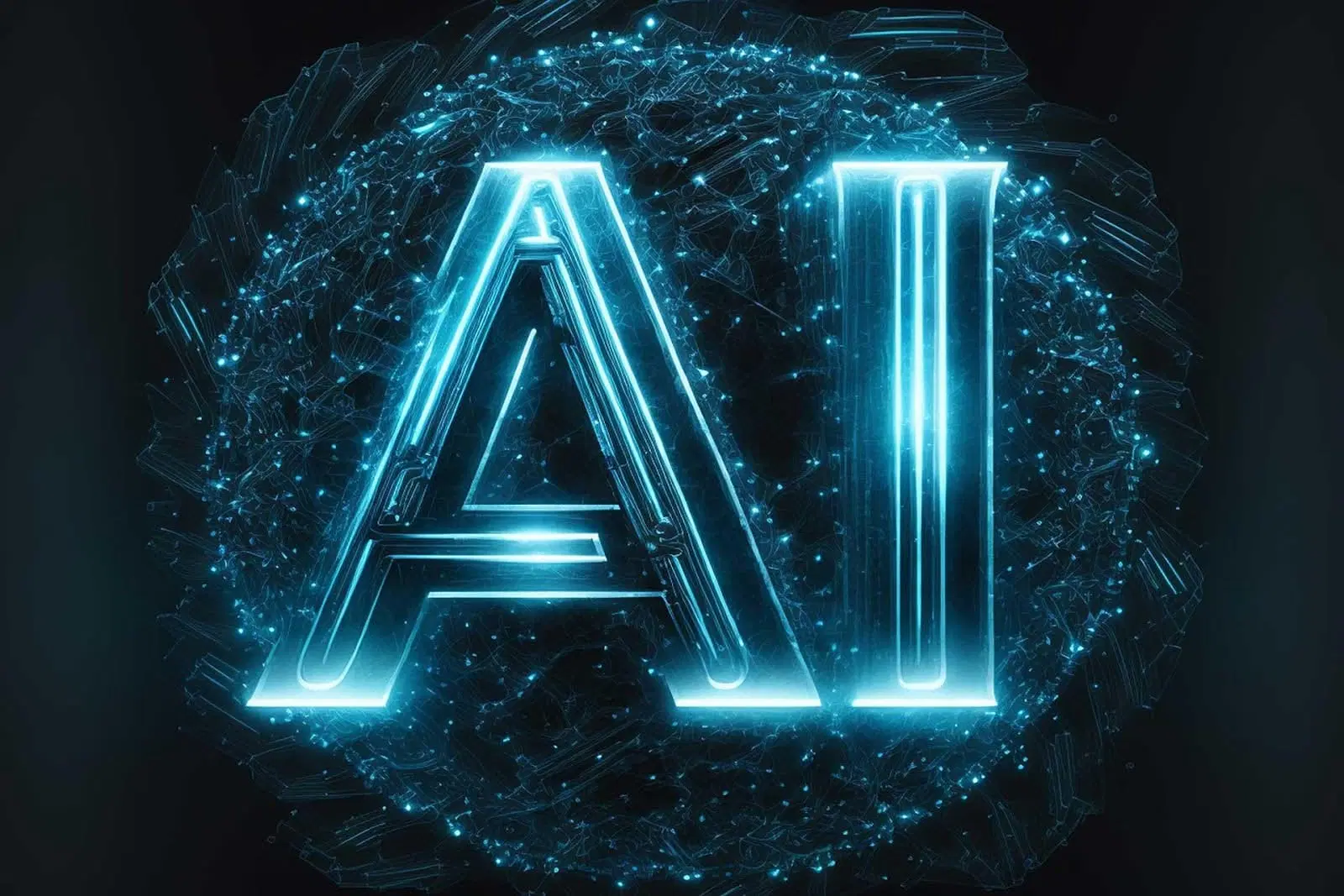
Financial Performance and Growth Momentum
OpenAI’s meteoric rise has been driven largely by ChatGPT, its generative AI platform that has become a household name worldwide. The company doubled its revenue during the first seven months of 2025, achieving an annualized run rate of $12 billion. By the end of the year, OpenAI is on track to hit $20 billion in revenue, Reuters previously reported.
This acceleration is particularly striking given the company’s relatively short history as a commercial enterprise. The revenue boom underscores not only the global demand for generative AI applications but also the effectiveness of OpenAI’s monetization strategy, which includes subscription plans, enterprise partnerships, and licensing agreements.
Surging User Adoption
In parallel with its financial growth, OpenAI continues to attract a massive user base. Backed by Microsoft (MSFT.O), which has integrated OpenAI’s technology into its suite of productivity tools, the company now records 700 million weekly active users for ChatGPT products. This marks a steep rise from 400 million in February, underscoring how rapidly AI has been woven into everyday business operations, education, and consumer interactions.
Broader AI Investment Landscape
The proposed deal comes amid fierce competition in the AI sector, as global technology firms and venture investors race to secure stakes in companies positioned to lead the next wave of innovation. Rival firms such as Anthropic, Cohere, and Google DeepMind are also attracting billions in funding, but OpenAI’s scale and brand recognition give it a unique edge.
The $500 billion valuation, if achieved, would place OpenAI among the most valuable private companies in the world, rivaling established tech giants and reinforcing AI’s role as the defining technology of the decade.
Looking Ahead
While the final outcome of the proposed employee share sale remains uncertain, the development illustrates both the confidence of investors in OpenAI’s trajectory and the eagerness of employees to realize returns on their equity stakes.
With its robust revenue pipeline, expanding user base, and growing influence in the enterprise market, OpenAI is increasingly viewed not just as a startup, but as a central player shaping the future of artificial intelligence worldwide.
1. What is happening with OpenAI’s shares?
Current and former employees of OpenAI are looking to sell nearly $6 billion worth of their shares to outside investors.
2. Who are the potential investors in this deal?
Major firms including SoftBank Group, Thrive Capital, and Dragoneer Investment Group are reportedly considering participating in the share purchase.
3. What is the potential valuation of OpenAI if the deal goes through?
The sale could value OpenAI at $500 billion, up from its current valuation of about $300 billion.
4. Why is this considered a secondary share sale?
Because the transaction involves employees selling their existing shares to investors, rather than the company issuing new shares. This allows employees to liquidate holdings without diluting ownership.
5. How does this share sale differ from OpenAI’s previous funding round?
The previous $40 billion round was a primary funding round, where new capital went into the company. This new deal is a secondary sale, benefiting employees and early shareholders directly.
6. How significant is SoftBank’s involvement?
SoftBank has already played a key role in OpenAI’s $40 billion primary funding round. Its potential participation in this secondary sale would deepen its bet on AI as a transformative sector.
7. How is OpenAI performing financially in 2025?
OpenAI doubled its revenue in the first seven months of 2025, reaching an annualized run rate of $12 billion, and is expected to hit $20 billion by year-end.
8. What is driving OpenAI’s revenue growth?
Revenue growth comes from ChatGPT subscriptions, enterprise solutions, and licensing agreements with major partners like Microsoft.
9. How many users does ChatGPT have?
OpenAI currently has about 700 million weekly active users, up from 400 million in February 2025.
10. What role does Microsoft play in OpenAI’s success?
Microsoft is a major backer and strategic partner, integrating OpenAI’s technology into products like Office 365, Teams, and Azure cloud services, which expands ChatGPT’s reach globally.
11. Why is OpenAI’s valuation rising so rapidly?
The surge reflects massive user adoption, accelerated revenue growth, and investor confidence that generative AI will transform multiple industries.
12. What does this mean for OpenAI employees?
Employees who hold equity will have an opportunity to cash out a portion of their shares, potentially realizing significant personal financial gains.
13. Is this deal finalized?
No, discussions are still in the early stages, and the size or structure of the sale could change.
14. How does this compare with other AI companies?
OpenAI’s potential $500 billion valuation would make it one of the most valuable private companies globally, ahead of rivals like Anthropic and Cohere, and close to Google’s DeepMind in reputation.
15. Why are investors so eager to buy into OpenAI?
Because OpenAI has become the market leader in generative AI, with unmatched user growth, strong financial performance, and deep integration into enterprise ecosystems.
16. Could this affect OpenAI’s long-term strategy?
Indirectly, yes. Secondary sales may influence employee retention, morale, and liquidity, but they do not directly alter company finances since no new shares are being issued.
17. What risks does OpenAI face despite this growth?
Risks include increasing competition, regulatory scrutiny, ethical concerns over AI use, and the challenge of maintaining rapid innovation at scale.
18. How does this deal reflect the broader AI investment landscape?
It highlights the intense race among investors to secure stakes in leading AI firms, as AI is increasingly viewed as the defining technology of the next decade.
19. Could OpenAI go public in the near future?
While no official plans have been announced, its growing valuation and revenue strength have fueled speculation of a potential IPO in the coming years.
20. What does this mean for the future of artificial intelligence?
It suggests that AI is no longer an experimental technology but a mainstream industry with trillion-dollar potential, where companies like OpenAI are positioned to lead the way.

